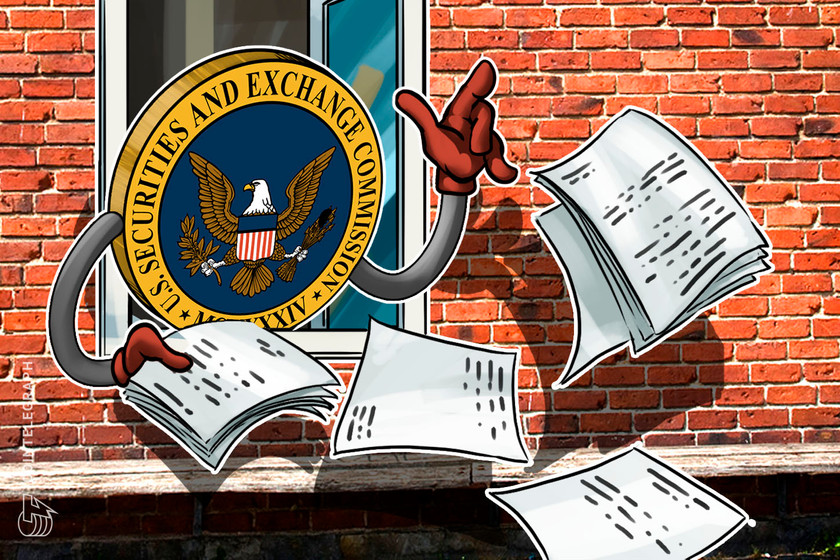MicroStrategy scoops up 480 Bitcoin amid market slump


The business intelligence firm has now amassed 129,699 BTC at an average price of $30,644, according to CEO Michael Saylor.
Business intelligence firm MicroStrategy has added to its Bitcoin (BTC) holdings, reaffirming CEO Michael Saylor’s bullish outlook on the digital asset despite its recent struggles.
In a Form 8-K filing with the United States Securities and Exchange Commission (SEC), Microstrategy disclosed that it had acquired an additional 480 BTC at an average price of roughly $20,817. The total purchase amount was $10 million in cash.
With the purchase, MicroStrategy now holds 129,699 BTC, making it the largest corporate holder of Bitcoin. The total value of its holdings is roughly $3.98 billion.
MicroStrategy has purchased an additional 480 bitcoins for ~$10.0 million at an average price of ~$20,817 per #bitcoin. As of 6/28/22 @MicroStrategy holds ~129,699 bitcoins acquired for ~$3.98 billion at an average price of ~$30,664 per bitcoin. $MSTRhttps://t.co/leQYTXn817
— Michael Saylor⚡️ (@saylor) June 29, 2022
The business intelligence firm is scooping up Bitcoin during a period of extreme market volatility. On Wednesday, Bitcoin’s price briefly dipped below $20,000, which is more than $10,000 lower than the company’s average acquisition price. The company’s BTC stash is currently sitting at a net unrealized loss of nearly $1.4 billion, according to data provided by Bitcoin Treasuries.
Related: MicroStrategy may explore ‘future yield generation opportunities’ on 95,643 BTC holdings
Michael Saylor, the firm’s CEO, remains bullish on Bitcoin’s long-term prospects. Earlier this month, he told his 2.5 million Twitter followers that the firm plans to “HODL through adversity” and has no plans to offload its holdings. The bullish reaffirmation came amid rumors that the company risked a margin call if Bitcoin’s price fell below $21,000. According to Saylor, the margin call rumor is a “nothing issue.”
MicroStrategy reported first-quarter revenues of $119.3 million. Gross profit for the quarter was $93.6 million.



























